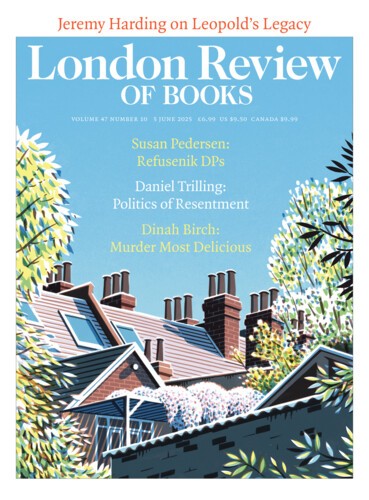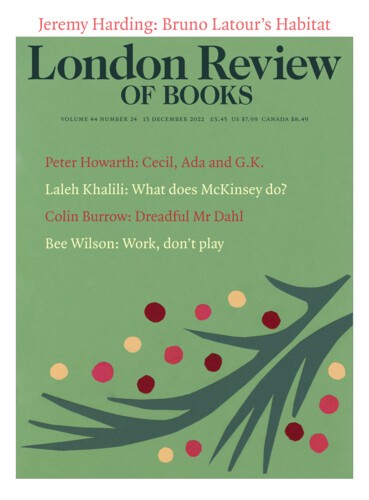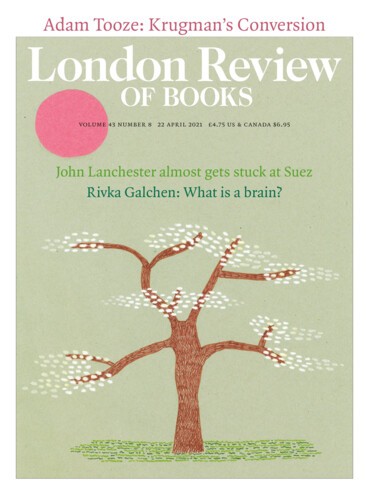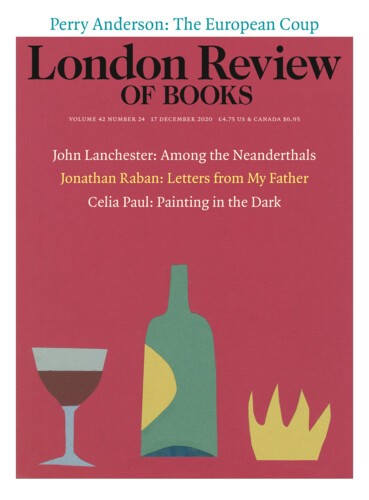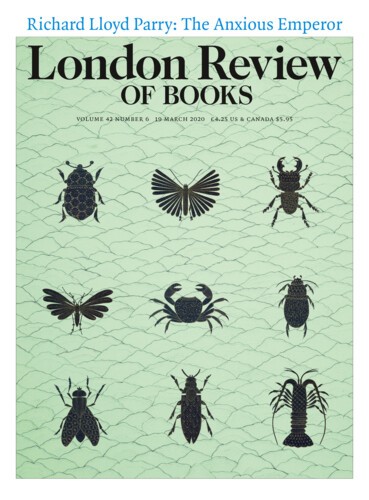When Vanessa Springora first met the French writer Gabriel Matzneff at a dinner party in 1986, she liked the sound of his name. She was only there because her mother, who worked in publishing, couldn’t afford a babysitter. Springora, who was thirteen, spent much of the evening reading Eugénie Grandet and feeling Matzneff’s gaze on her cheek like a warm hand, though his smile reminded her of a ‘large golden wildcat’.
Vanessa Springora feels the sexual radicalism of post-1968 France marked the world she inhabited: it remained ‘forbidden to forbid’. In a section that slides into polemic, she quotes the open letters that circulated in the 1970s calling for the decriminalisation of intergenerational sexual relations on the grounds that children should also be able to choose with whom they had sex. The petitions published in Le Monde and Libération were variously signed by Matzneff, Barthes, Beauvoir, Deleuze and Guattari, Derrida, Sartre, Foucault and Althusser – though not by Duras.
